The Marshall lab
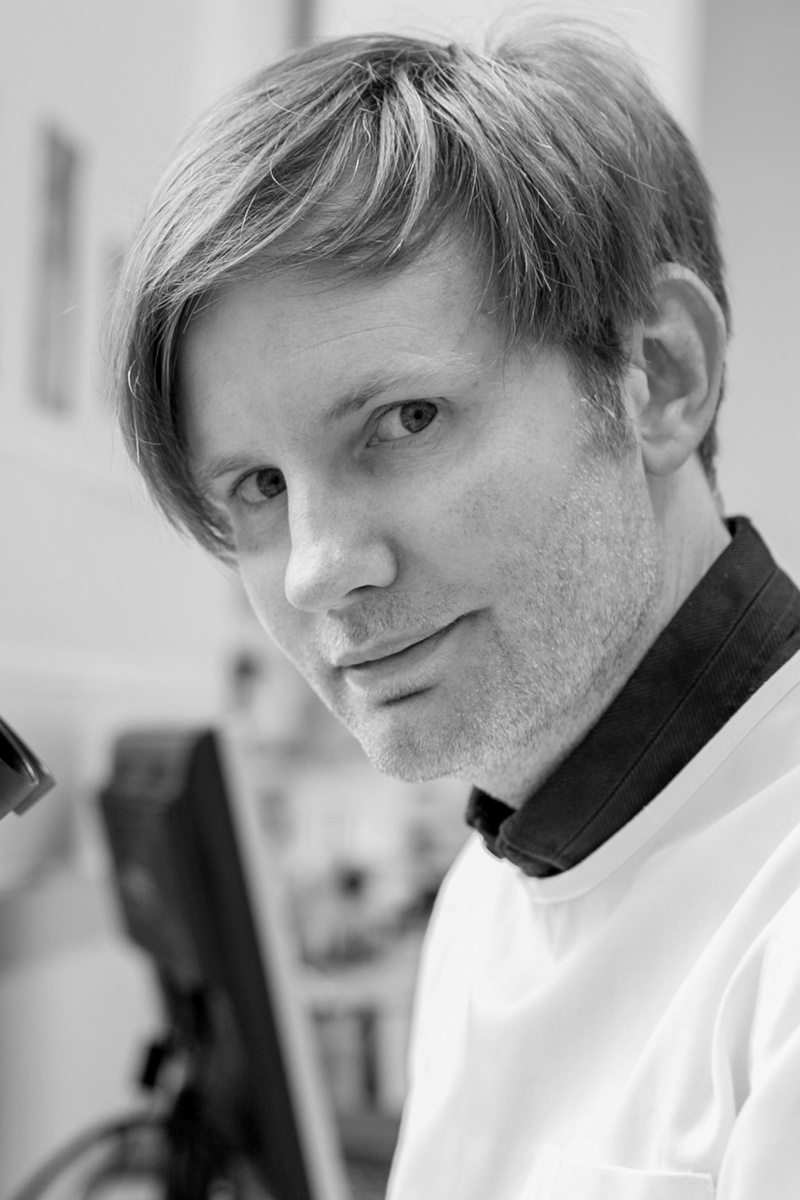
Group leader
Owen’s PhD and first postdoc was in Andy Choo’s group at the Murdoch Children’s Research Institute in Melbourne, working on the structure of centromeric chromatin and how it changes during cancer progression. He moved to the UK in 2012 for a second postdoc in Andrea Brand’s group at the Gurdon Institute, where he helped develop the Targeted DamID cell-type-specific profiling system, applied this to understanding the epigenetics of neural development, and learned to love living in colder weather systems (… maybe?). Owen returned to Oz in 2016 to start his own research group at the Menzies investigating the role of epigenetics and transcription factors in brain development and disease.
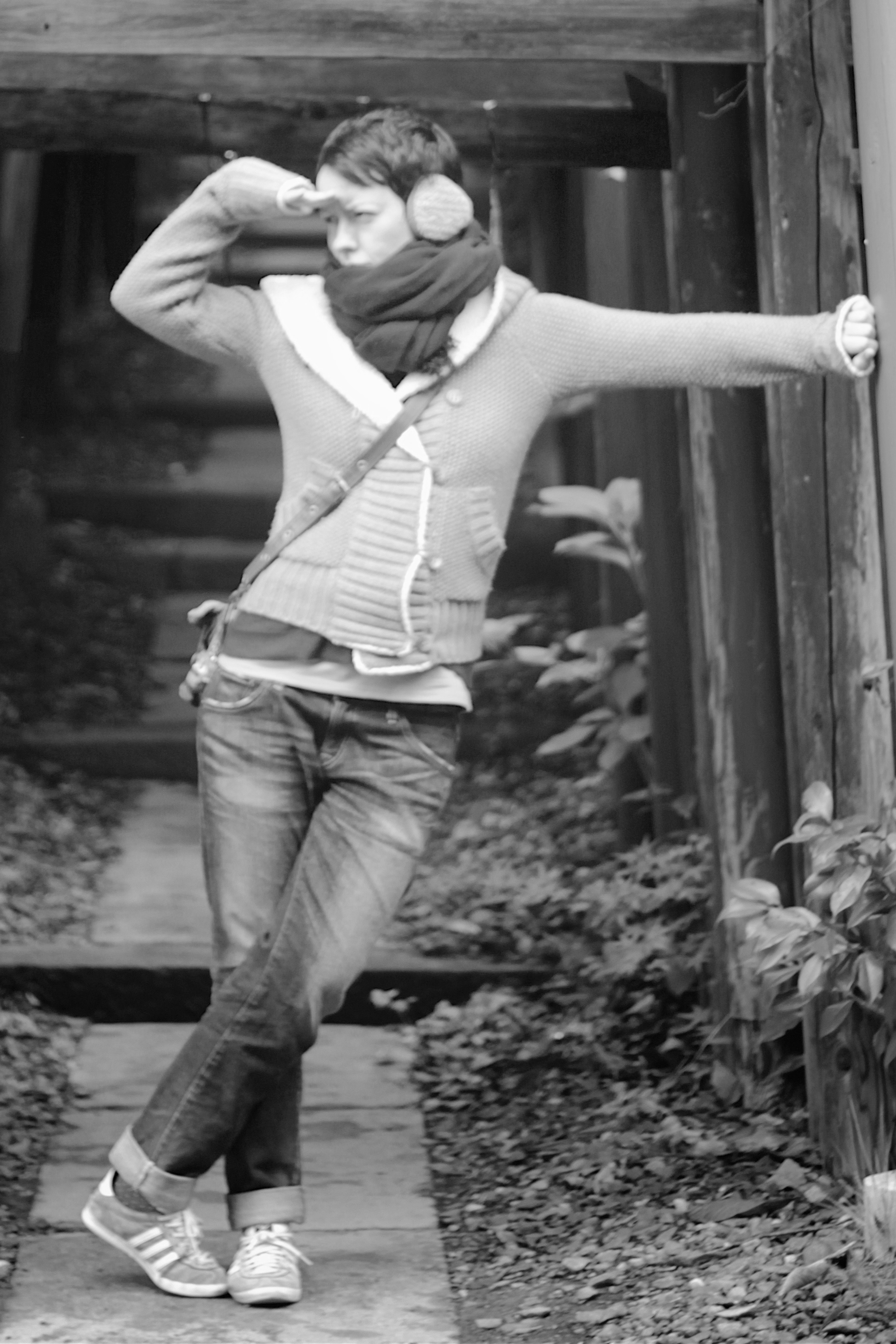
Postdoc
Caroline received her PhD from Kansas State University, USA, studying the role of post-translational modifications of a family of scaffolding transmembrane proteins called tetraspanins. Caroline switched to Drosophila neurobiology for her first postdoc at RIKEN, Japan, where she investigated the gene network regulating class specification in sensory neurons. Thrilled with the idea of even more systems biology, Caroline joined us for a second postdoc investigating Alzheimer’s disease and the epigenetic processes underlying memory formation in the fly brain. The course of her research may not have always run exactly smooth – but her efforts pushing the envelope of TaDa have been heroic, and we think the results are about to speak for themselves.
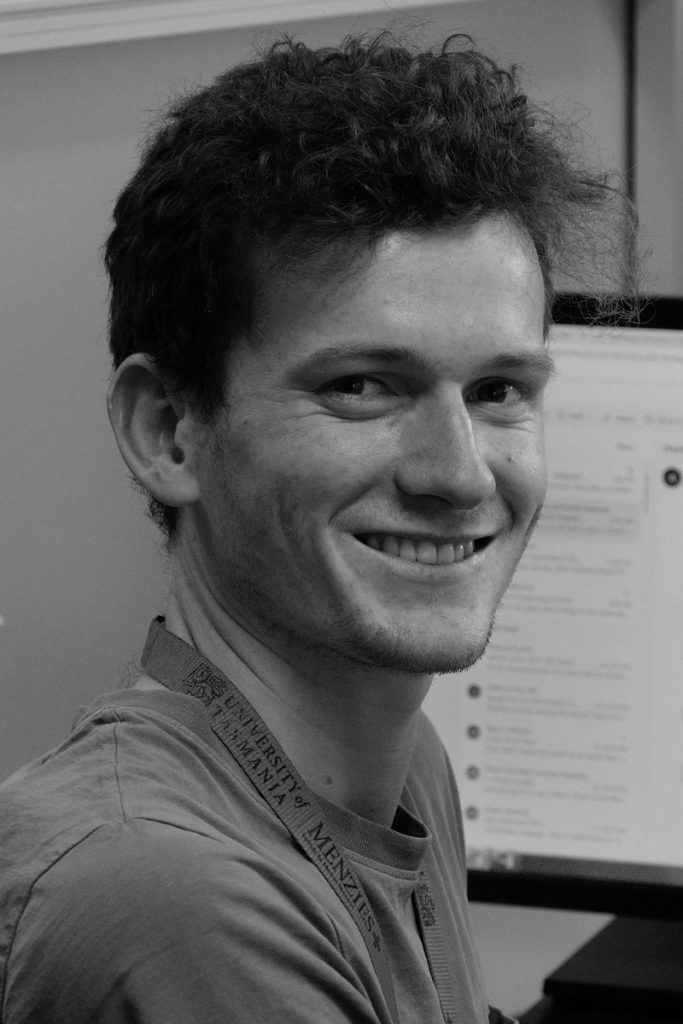
Lab manager
John completed his Honours degree (first class) in the Marshall lab, working on the regulation of the transcription factor Worniu in neural stem cells. John took a break to work in the ski fields for a season, before deciding that crossing flies was even more exciting than snow boarding (it’s a close call – but yes, we agree, John). Whether it’s making new transgenics or dissecting adult fly brains like most of us shell peas, John has golden hands that rarely if ever fail. We’re very happy to have him back with us : )
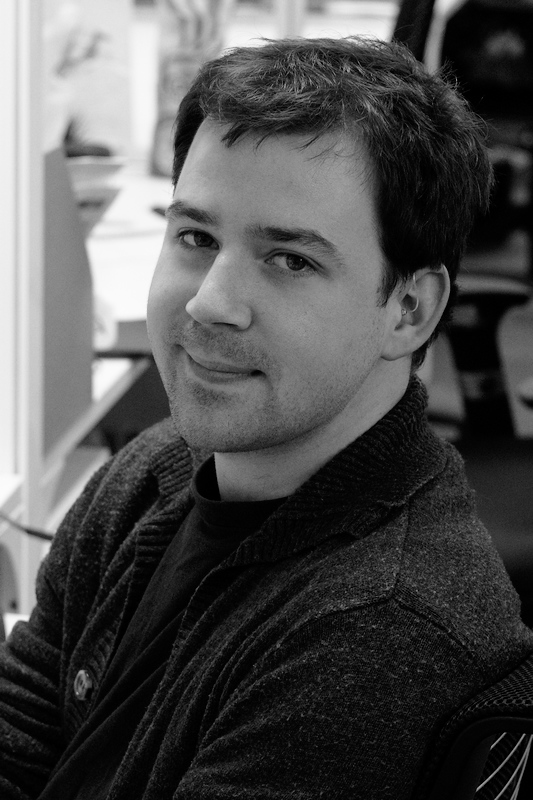
PhD student
Ciarán is a PhD student interested in using mathematical models to describe biological systems. Ciarán’s first degree was a Bachelor of Engineering, majoring in Computer Systems, and in the years before joining us he worked as a professional programmer/software developer within the Faculty of Health at UTAS. Ciarán’s PhD had some unfortunate plot twists and odd data distributions, but he’s now sucessfully submitted (woohoo!) and we’re pretty sure he’s enjoying no longer having to think about the methylation profile of DamID for a while :)
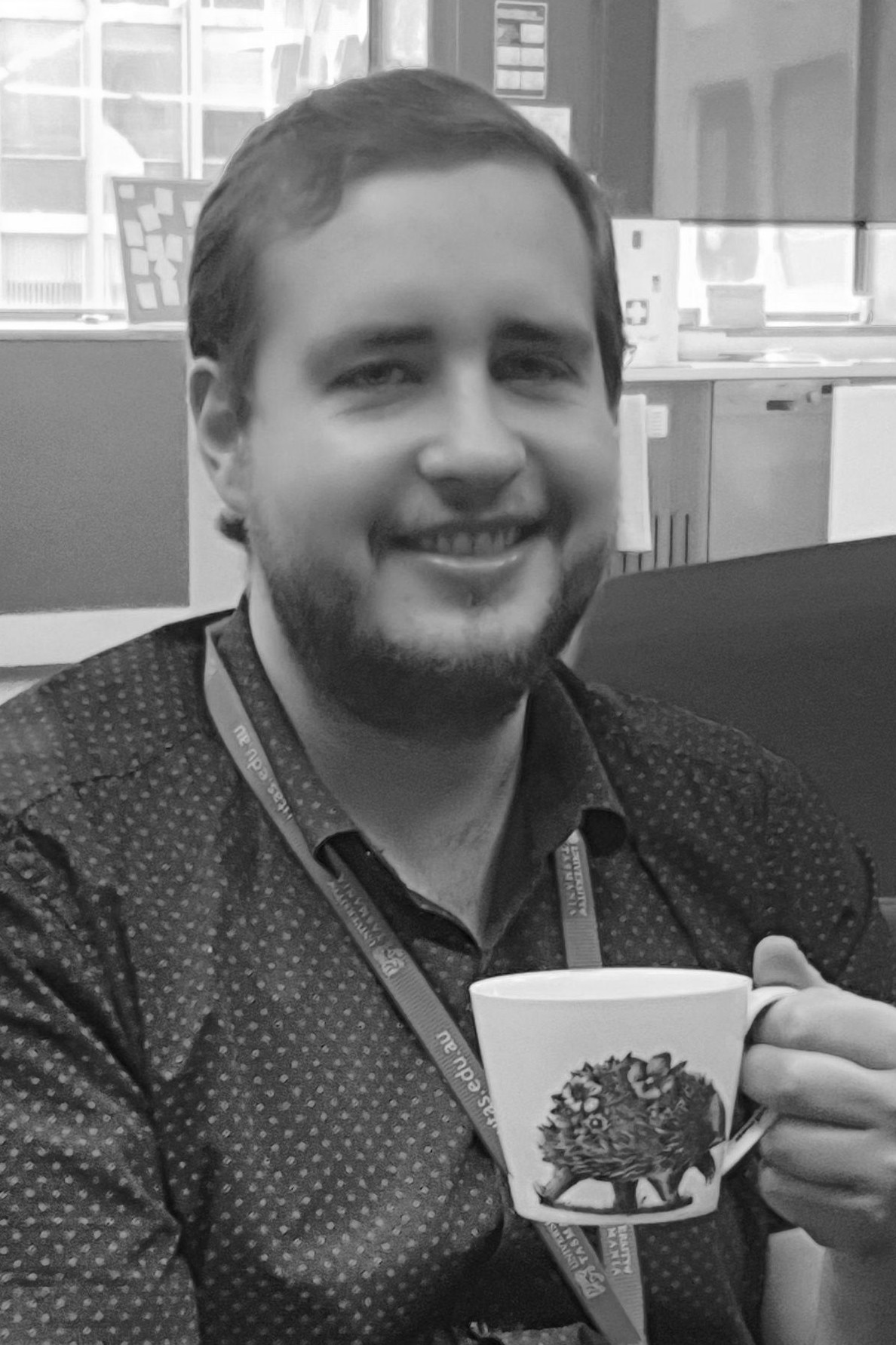
PhD student
Jake did Honours with us in 2020, storming through a full run of chromatin TaDa in the three weeks before covid hit, and then spending most of the year frustratedly waiting to be allowed to do lab work again. Despite being locked out of the lab for much of the year (or maybe because of it?) he went straight into a PhD with us, looking at development and disease in that “other cell type” in the brain, glia. Jake is blessed with eternal optimism, and neither the second year of his PhD, nor a large genetic screen (nor even being unfortunately left off the website for over a year) has yet managed to break him. We hope it never does : )
Lab alumni
Dr Elias Polymeropoulos (now working for the government in a “real job”)
Dr Andrew Reading (now working as a postdoc in the Lin lab here at UTAS)
Dr Jade Lockyer (still recovering from generating some amazing optogenetic fly lines)
Grace Jefferies (now an RA in the Johnson lab, Monash Uni; we still miss you Grace!)
John Reeves (now a bioinformatician at the Garvan Institute)
Sarah van Drunen (after an amazing Honours year psychoanalysing flies, Sarah sadly returned to human psychology)
Victoria Roy
Muhammad Hanif
Lizzy Read
Miranda Ling
Paul Beck